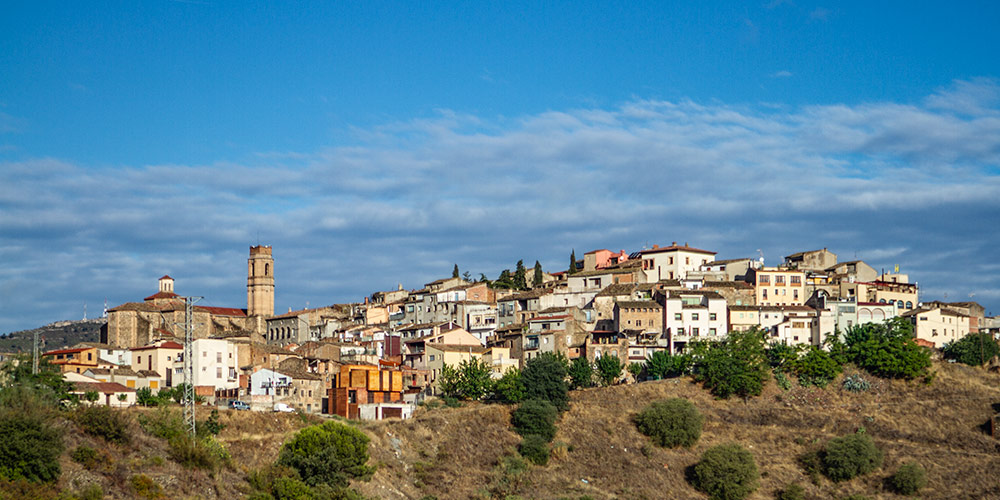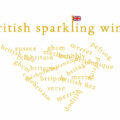This recent article by Alicia Kennedy held one of the most insightful and powerful comments I’ve seen in some time regarding awards: Awards reinforce hegemonic narratives of industries that uphold the oppressive structures that govern society as a whole. Awards are naturally patriarchal, white supremacist, homophobic, transphobic, and capitalist. You should read the whole article as it’s quite an excellent read, delving into the massive problems that have arisen in what was to be the 2020 James Beard Awards. The awards have in effect been cancelled, which has been yet […]



